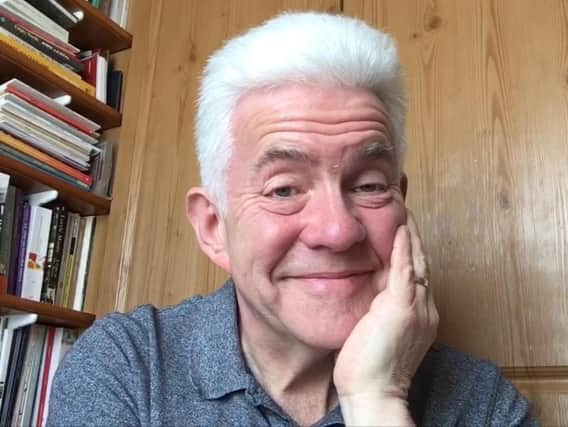The joy of discovering literary gems in charity shops - Ian McMillan


Or books by me that I can sign. Usually I’m happy to go on the “few bits” spree but today I reckon I’m going to be lucky in my “lost and forgotten” quest. I can feel it here. And here.
I love finding books in charity shops by writers I’ve never heard of because they can haul me off the beaten track of my reading and push me into pastures new. Of course a lot of the time the writers are obscure for the very good reason that their prose or poetry isn’t up to much, but I’ve never found a book yet that I couldn’t mine something from.
Advertisement
Hide AdAdvertisement
Hide AdI stand in front of the shelves of books and scan the spines of the usual suspects until something catches my eye: Uncanny Stories by May Sinclair.
The cover isn’t too promising: it’s a kind of stock picture of a wafty ghost in a misty churchyard. The information on the back is intriguing, though: “May Sinclair was an innovator of modern fiction, a late-Victorian who was also a precursor to Virginia Woolf.”
The blurb goes on to say that “Sinclair combines the traditional ghost story with the discoveries of Freud and Einstein…” and now I’m hooked. I like writers who are emblematic of their era, who somehow predict the shifting tides of fashion and style at the same time as shifting with those tides. I pay my £2 and I go and sit on a bench in the sun.
I open the book and flick through it. With supernatural stories, I often look at the endings first because it’s very hard to end a ghost story well; they can come to a crashing, symphonic conclusion or they can deliberately fizzle out, leaving the reader wondering. Or too many loose ends can be tied up, or someone can wake up and it was all a dream.
Advertisement
Hide AdAdvertisement
Hide AdSinclair’s stories end beautifully. The last paragraph of If the Dead Knew, for example, has an incantatory and almost musical cadence: “She knew. She knew she had him again; she knew she would never lose him. He was her son. As she had once given him flesh of her flesh, so now, self to innermost self, she gave him her blessedness, her peace.”
I like the way the short sentences almost collide with the longer comma-heavy ones. The language is almost Biblical and sensuous at the same time.
Endings like this one plunge me back into the stories, knowing I’m in safe hands. Maybe this is an odd way to read anything but I always read with my writer’s hat on, working out elements of style and craft.
Next time you’re in a charity shop keep your eye for an unknown writer: you never know what treasure you might uncover!